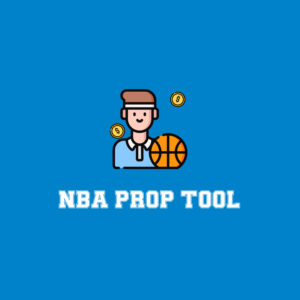
Every fantasy football draft season, we form a set of beliefs that guide our way through the year. I believe in this guy, I don’t like this strategy, I will plant my flag for this offense. If you don’t have a set of beliefs, you enter the draft and the season flailing.
But also, you have to be willing to adjust those when presented with new information.
So with the NFL regular season in our rearview mirror, this week and next we’ll be going position by position through what happened in 2024 to see what can inform our decisions going forward.
Today: Wide Receiver
Check out our look at our other positions: quarterbacks | running backs
What Changed in 2024: Wide Receiver
If You Have Multiple WR Candidates, You Have Zero
Yes, when you have a couple of elite receivers, they can both produce. See Ja’Marr Chase and Tee Higgins or Mike Evans and (when healthy) Chris Godwin. But those are known quantities. On the flip side, if you aren’t sure who the top couple of receivers are in an offense, it might be better to just steer clear.
Take the Packers. Our preseason was full of “Romeo Doubs or Jayden Reed or Christian Watson?” talk, with Dontayvion Wicks making a few cameos as well. Everyone had their pick. In the end, Reed was the only one of the group to finish in the top 50 of PPR receivers (he was WR29), but even Reed had more bust than boom, only the WR56 after Week 6 and with five games under 6 PPR points, including a 0-point performance in the final week of the fantasy regular season.

Or the Bills. We debated Keon Coleman and Khalil Shakir and Curtis Samuel in the preseason, and added Amari Cooper in the middle of the year. Not to mention Dalton Kincaid at tight end. Surely Josh Allen would find his top target and that would be a fantasy gold mine, right? Well, Shakir led the way, with exactly 100 targets, but no one on the Bills topped 5 touchdown receptions, and there was only one game of 20-plus PPR points from any of them all season (Shakir in Week 14).
If you know a team has a couple of elite receivers, have fun. If a team has a whole host of guys who you hope might pop over the others … take some extreme care. Sure, take a flyer late, but counting on anyone from that sort of list is a great way to be disappointed.
Rookie Receivers Are Really 2nd-Half Propositions
To be fair, this one didn’t really change in 2024, but the year that was really cemented the idea. The top seven rookie receivers in fantasy scoring (Brian Thomas Jr., Malik Nabers, Ladd McConkey, Marvin Harrison Jr., Xavier Worthy Rome Odunze, Jalen McMillan) collectively averaged 11.2 PPR points per game before their bye … and 15.1 after. Harrison (11.7 before the bye, 11.4 after) was the only one whose PPG dropped.

Yes, Thomas (13.3 before the bye) and Nabers (17.4) were excellent receivers before their respective byes, but they (especially Thomas) took off after, jumping to 22.9 and 19.2, respectively. McConkey went from 11.2 to 16.4. Worthy (11.6 to 11.7) and Odunze (8.0 to 8.8) had more modest jumps. And then McMillan, who, yes, needed the injury to Chris Godwin to emerge, skyrocketed from 5.0 PPG to 15.1.
The point is not that every rookie receiver goes off in the second half. Just ask anyone who drafted Keon Coleman or Ja’Lynn Polk or Adonai Mitchell. The point is that if you do believe in a rookie receiver in draft season, and he starts a bit slower than you hoped, the answer is not to cut bait. The answer is to believe in your analysis and reap the rewards when he improves down the stretch. If a Tetairoa McMillan or a Luther Burden or a Travis Hunter-if-he’s-a-receiver starts slow next year, hold the faith.
Believe in Touchdown Regression
From 2021 to 2023, eight wide receivers scored a touchdown on at least 10% of their targets (min. 50 targets). The following year, all eight saw their scoring rate plummet, with only Christian Watson (10.6% in 2022, 9.4% in 2023) even topping 7% the second year. Collectively, they went from 77 touchdowns on 678 targets (11.4%) in Year 1 to 47 on 835 (5.6%) in Year 2. Good receivers are going to be good receivers regardless, but it’s still true that touchdowns (especially for receivers as opposed to “go catch it in the end zone, you tree” tight ends) are very random and luck-based endeavors, and believing in elite numbers to repeat is asking for disappointment.
In 2023, only one receiver qualified, with Courtland Sutton catching 10 touchdowns on 90 targets (11.1%). He was good in 2024, but the scoring rate still definitely dipped, down to 5.9% (8 on 135 targets). Last year, a whopping 10 receivers qualified, ranging from Nick Westbrook-Ikhine’s 15.0% to Mike Evans, Allen Lazard and Mack Hollins each scoring on exactly 10.0% of their targets.
| Wide Receivers with a 10%+ Scoring Rate, 2024 | ||||
| Player | Team | Rec TD | Targets | Scoring Rate |
| Nick Westbrook-Ikhine | TEN | 9 | 60 | 15.0% |
| Jalen McMillan | TB | 8 | 58 | 13.8% |
| Rashod Bateman | BAL | 9 | 72 | 12.5% |
| Marvin Mims Jr. | DEN | 6 | 52 | 11.5% |
| Terry McLaurin | WAS | 13 | 117 | 11.1% |
| Demarcus Robinson | LAR | 7 | 64 | 10.9% |
| Alec Pierce | IND | 7 | 69 | 10.1% |
| Mike Evans | TB | 11 | 110 | 10.0% |
| Allen Lazard | NYJ | 6 | 60 | 10.0% |
| Mack Hollins | BUF | 5 | 50 | 10.0% |
| min. 50 targets | ||||

With a longer list in 2024 than any year I’ve ever seen, I would bet someone from the above list tops 10% again in 2025. That’s just the odds. But individually, I would bet against each one repeating. That probably doesn’t matter for guys like Demarcus Robinson, Allen Lazard or Mack Hollins who will go all but undrafted in 2025, but for players like Terry McLaurin or Marvin Mims Jr., who might be popular draft picks, make sure to bake in the likelihood of scoring regression next year. Because the odds say their good fortune will not continue.
(This also applies to in-season regression, of course. Remember when Westbrook-Ikhine caught 8 touchdowns on 38 targets between Weeks 6 and 12? He scored once on 22 targets the rest of the way. Absurd scoring rates just don’t continue.)
The ‘Backup QB Chemistry’ Theory Might Have Legs
With the enormous caveat that this is inherently going to be a small sample, we saw plenty of instances in 2024 of a team making a quarterback change and a receiver suddenly reaching new heights. Using the FTN NFL Splits Tool, we see plenty of instances (only using games when the No. 2 QB was the primary quarterback):
| Player | Team | QB2 | PPR PPG w/o QB2 | PPR PPG w/ QB2 |
| Josh Downs | IND | Joe Flacco | 10.5 | 15.5 |
| Jerry Jeudy | CLE | Jameis Winston | 9.1 | 20.8 |
| Drake London | ATL | Michael Penix Jr. | 15.1 | 23.1 |
| Jakobi Meyers | LV | Aidan O’Connell | 13.6 | 16.0 |
| George Pickens | PIT | Russell Wilson | 10.2 | 13.1 |

Did the No. 2 quarterbacks have better chemistry with these guys than the previous starters? Were the previous starters replaced because they were underperforming and their backups were just playing better? Would the players have improved regardless of who was at quarterback? It’s hard to say, but that’s a list of five guys who improved by 17% to 129% under a different quarterback, and it’s enough for me to actually be curious.
Next year, when a starting quarterback goes down or gets benched, keep an eye on the receivers who put up numbers in his absence. It might be a sign of someone to invest in … or, if we’re being downers, it might be a sign of someone to sell high on if/when the starter returns.








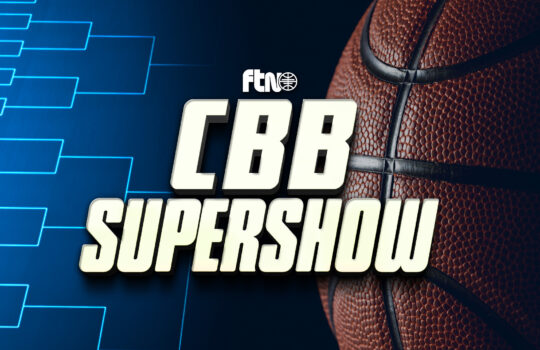

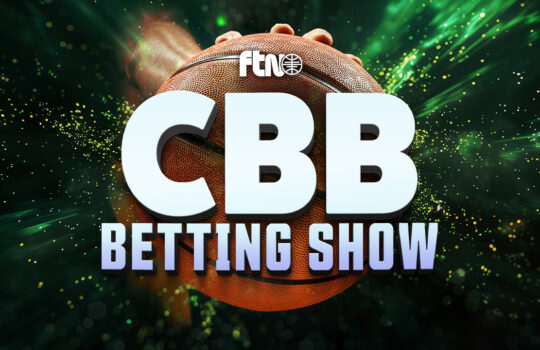





















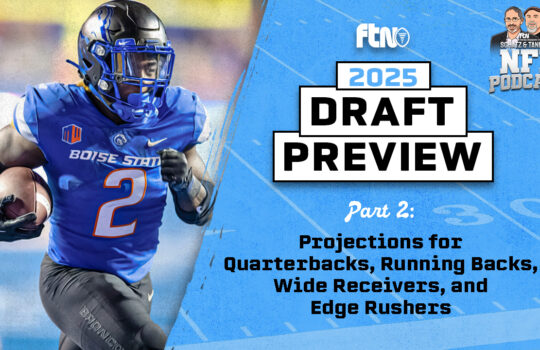

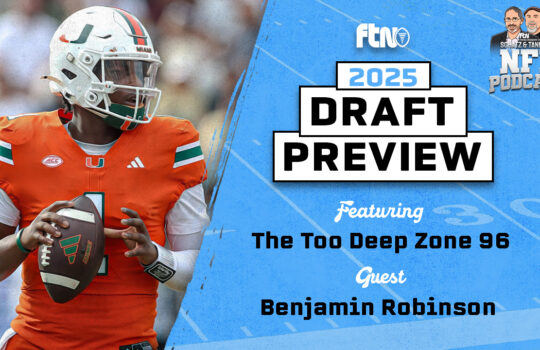
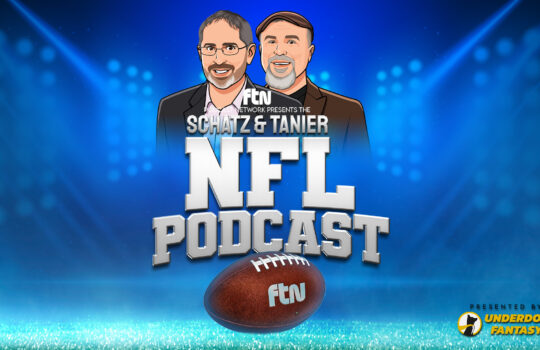










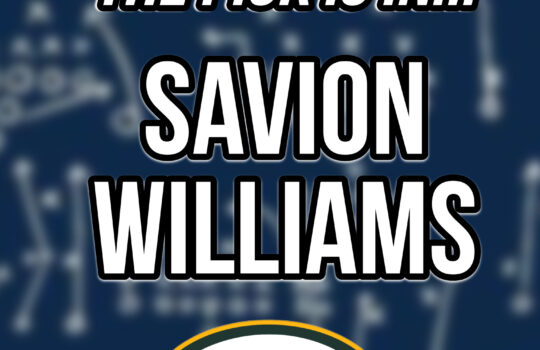


 New York Jets
New York Jets  New England Patriots
New England Patriots 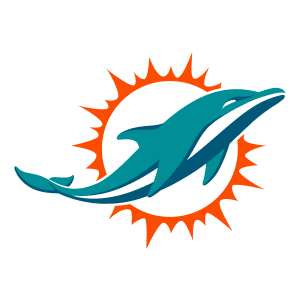 Miami Dolphins
Miami Dolphins  Buffalo Bills
Buffalo Bills  Pittsburgh Steelers
Pittsburgh Steelers  Cleveland Browns
Cleveland Browns  Cincinnati Bengals
Cincinnati Bengals  Baltimore Ravens
Baltimore Ravens 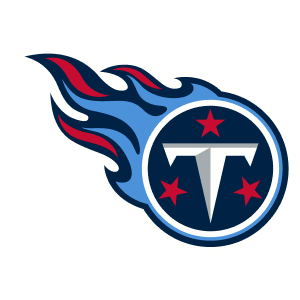 Tennessee Titans
Tennessee Titans  Jacksonville Jaguars
Jacksonville Jaguars  Indianapolis Colts
Indianapolis Colts  Houston Texans
Houston Texans  Las Vegas Raiders
Las Vegas Raiders  Los Angeles Chargers
Los Angeles Chargers  Kansas City Chiefs
Kansas City Chiefs  Denver Broncos
Denver Broncos  Washington Commanders
Washington Commanders  Philadelphia Eagles
Philadelphia Eagles  New York Giants
New York Giants  Dallas Cowboys
Dallas Cowboys  Minnesota Vikings
Minnesota Vikings  Green Bay Packers
Green Bay Packers  Detroit Lions
Detroit Lions  Chicago Bears
Chicago Bears  Tampa Bay Buccaneers
Tampa Bay Buccaneers  New Orleans Saints
New Orleans Saints  Carolina Panthers
Carolina Panthers 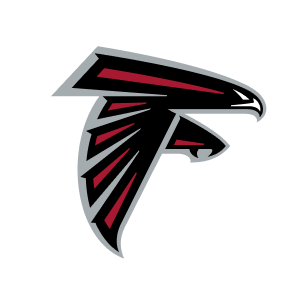 Atlanta Falcons
Atlanta Falcons  San Francisco 49ers
San Francisco 49ers  Seattle Seahawks
Seattle Seahawks  Los Angeles Rams
Los Angeles Rams  Arizona Cardinals
Arizona Cardinals 

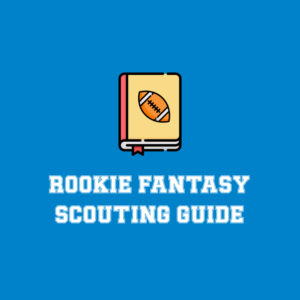
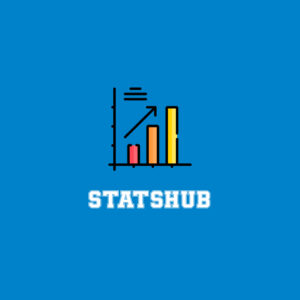



 Boston Celtics
Boston Celtics  Brooklyn Nets
Brooklyn Nets  Philadelphia 76ers
Philadelphia 76ers  New York Knicks
New York Knicks  Toronto Raptors
Toronto Raptors  Chicago Bulls
Chicago Bulls  Detroit Pistons
Detroit Pistons  Milwaukee Bucks
Milwaukee Bucks  Cleveland Cavaliers
Cleveland Cavaliers  Indiana Pacers
Indiana Pacers  Orlando Magic
Orlando Magic 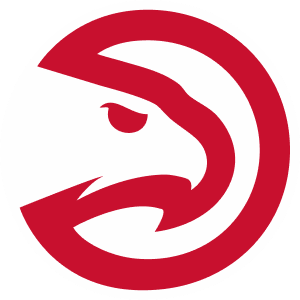 Atlanta Hawks
Atlanta Hawks  Charlotte Hornets
Charlotte Hornets  Miami Heat
Miami Heat  Washington Wizards
Washington Wizards  Denver Nuggets
Denver Nuggets  Minnesota Timberwolves
Minnesota Timberwolves  Oklahoma City Thunder
Oklahoma City Thunder  Portland Trail Blazers
Portland Trail Blazers  Utah Jazz
Utah Jazz  LA Clippers
LA Clippers  Golden State Warriors
Golden State Warriors  Los Angeles Lakers
Los Angeles Lakers  Phoenix Suns
Phoenix Suns  Sacramento Kings
Sacramento Kings  Dallas Mavericks
Dallas Mavericks  Houston Rockets
Houston Rockets  Memphis Grizzlies
Memphis Grizzlies  New Orleans Pelicans
New Orleans Pelicans  San Antonio Spurs
San Antonio Spurs 


